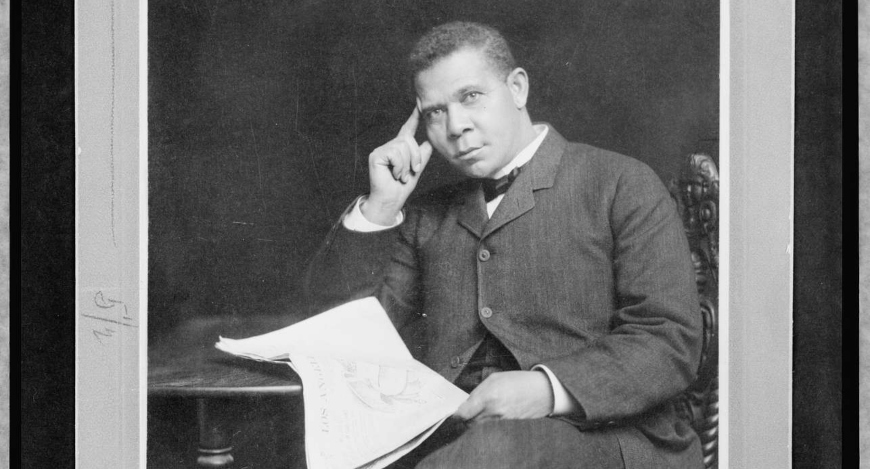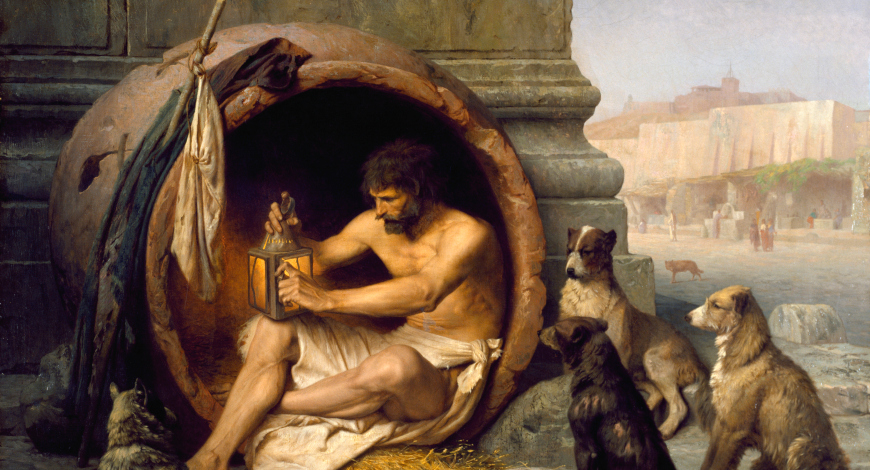Whether at home, in the classroom or in society, everywhere a student goes there are rules. The effectiveness of these rules depends on people’s willingness to obey them. But students like to question the rules, especially when they feel the rules to be unjust or intrude on their happiness in some way. Students must engage in hard intellectual work in deciding when to follow rules and what criteria to use to determine fairness.
Character development is at least as important as the development of academic skills. A strong character fuels self-discipline and self-motivation, both of which breed success in life. But character development sometimes feels like impossible work, especially when a person’s difficult life circumstances get in the way. How a person turns out is often determined by forces out of his/her control.
Students must learn how to solve all kinds of problems. Some problems are academic; others are emotional. Perhaps the hardest problems involve communication and the navigation of complex human relationships. What makes these types of problems even more difficult is that anger often intervenes. Anger is a wild variable that can either diminish or enhance the capacity to find creative solutions.
Anger is an emotion that all of us have to manage throughout our lives. Students get angry with their teachers, their friends and parents. It’s important for them to develop a self-awareness around their anger so that they can decide when getting angry, or remaining calm, is the right response to a situation which aggrieves them.
Life throws unexpected events at us which take us by surprise. When crisis happens, we feel out of control. We are left to react in the best ways we can to protect ourselves and improve our situations, but we often feel like our actions don’t matter in the face of an indifferent world.
Money, influence, friends and good grades– students think that more is better. The whole idea of cutting back on desire isn’t very attractive. Yet, we can’t have it all and so now and throughout life, students must make smart choices on what they want and how much.
Mark Twain famously quipped that death and taxes are the only things certain in life. We can probably add failure to that short list. Of all themes, failure is one to which students can relate most. There’s failure at home, at school and in the workplace. It is a constant. Students are taught to develop a growth mindset and learn from failure.
If there is one thing that’s hard to rely on when dealing with students, it’s impulse control. Students are at different levels of emotional maturity. Some are extremely cautious and tactful in the way that they deal with peers and adults. Others are born risk takers who want to “show off” their fearlessness and gather followers who want to be like them.









